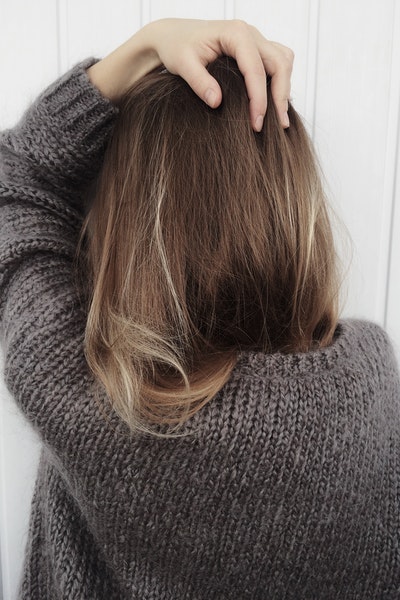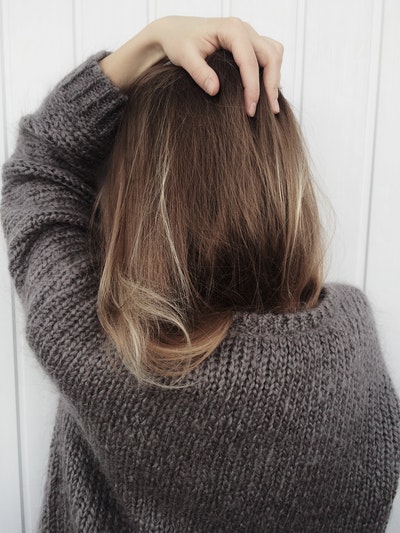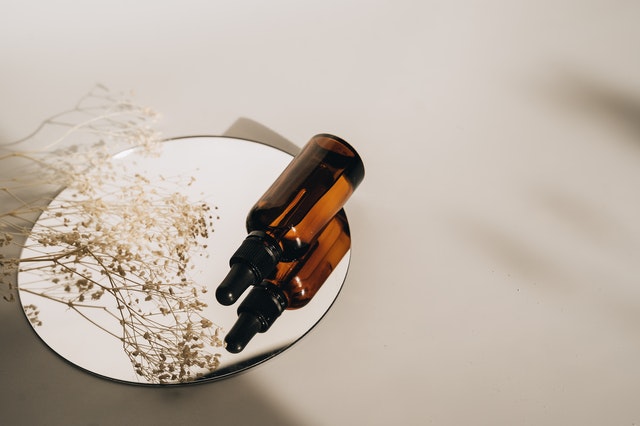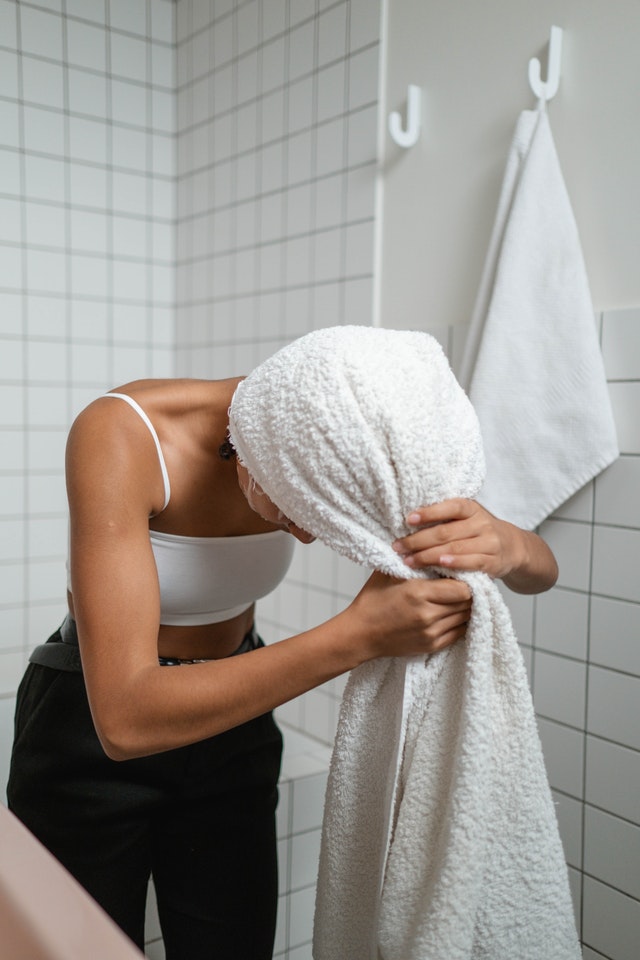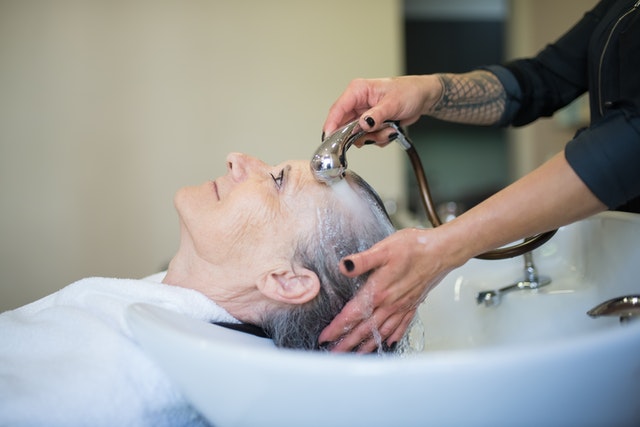Most people concern themselves with hair care, finding the right shampoos, conditioners, and treatments, but scalp care often flies under their radar. The scalp is the foundation of healthy hair; however, more than that, the scalp is susceptible to problems, including:
- Cysts
- Irritation
- Itchiness
- Flakiness
- Sun damage
- Acne
- Hair loss
- Pain
Scalp Hygiene, Hair Health, and Medical Conditions

The scalp and hair have a symbiotic relationship — if one is healthy, the other usually is. When the scalp is unhealthy, a person can experience different medical conditions, such as atopic dermatitis or seborrheic dermatitis. Both conditions can cause hair breakage, rough texture, hair loss, etc.
Atopic dermatitis is commonly known as eczema. The chronic condition causes itchy and red skin. While there are many potential causes of eczema, atopic dermatitis is often a reaction to hair care products like shampoos or dyes.
Seborrheic dermatitis or dandruff also causes redness and itchiness but can also be characterized by flakiness—dandruff results from dry skin buildup or oiliness.
Maintaining a healthy scalp is about knowing and adhering to proper scalp hygiene. If you experience scalp problems despite practicing good hygiene, consult with your primary care physician or a dermatologist.
Treating the Scalp and Common Conditions
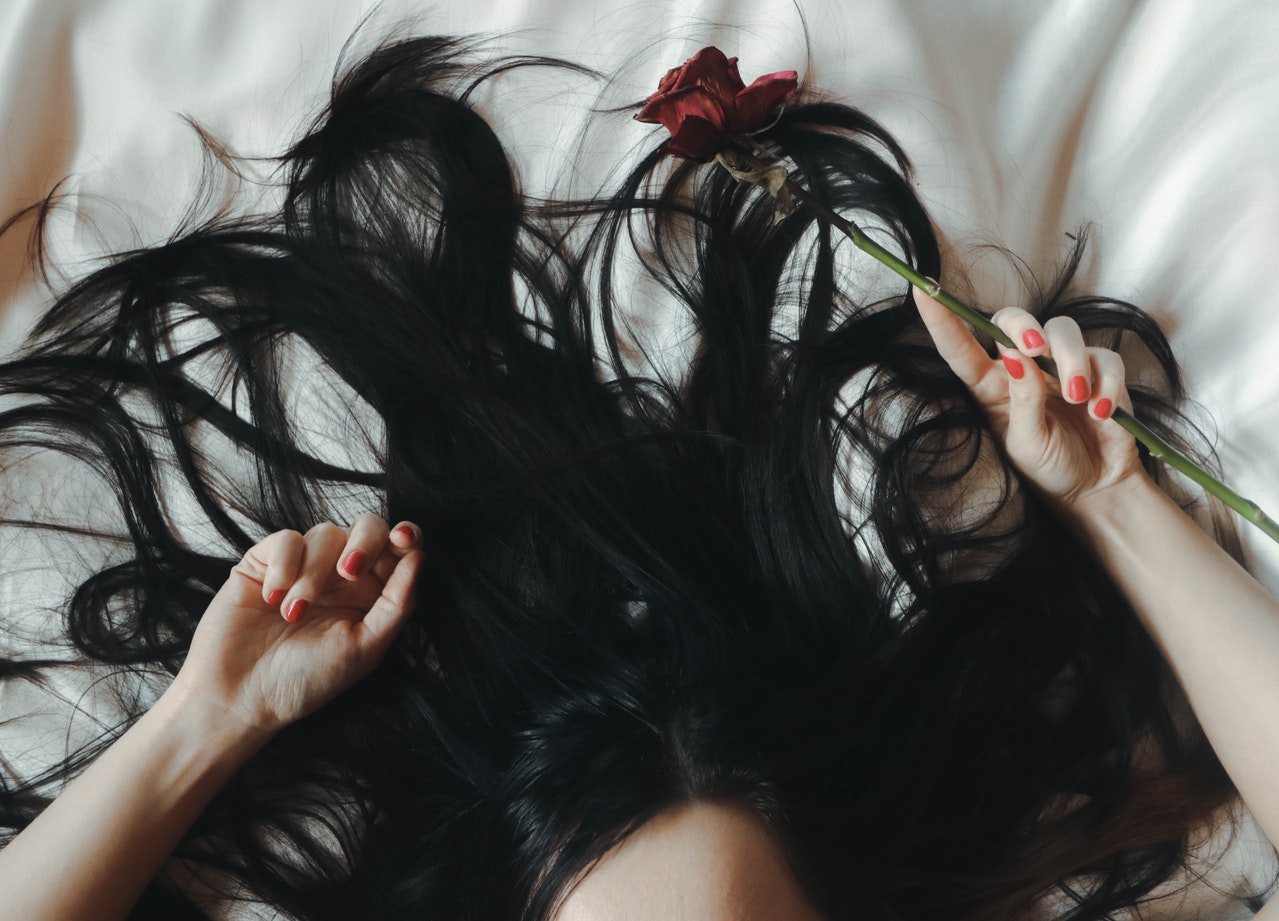
While common, dandruff is a challenging condition to treat. Many over-the-counter products claim to treat the condition, but you must be careful about which items you choose. People are typically better served to consult their dermatologists or doctors for better and more practical remedies.
If you choose to go it alone and use OTC products, shampoos, or treatments, you will need to be selective. You will want to ensure the products have proper ingredients, including:
- Selsun blue (selenium sulfide)
- Salicylic acid
- Dermazinc (pyrithione zinc)
- Nizoral A-D (ketoconazole)
- Tar
You do not need to use these products habitually. In fact, consumers should only use the items until the symptoms subside. Using certain products too often can nullify efficacy, meaning the items will not be as effective. Experts recommend alternating treatments every few months to avoid a loss of effectiveness.
If so, you can also try at-home remedies for treating the scalp. Some of the most effective treatments include:
- Avoidance of styling products
- Avoidance of products containing alcohol
- Applying mineral oils to the scalp
- Applying aloe vera to the scalp
- Using tea tree oil in shampoo
- Taking fish oil supplements
Promoting and Maintaining a Healthy Scalp

You may already have a healthy scalp, but that does not mean you are off the hook. Scalp health is an ongoing and ever-changing element. Adopting healthy practices is the only way to ensure or encourage continued health.
One of the best things you can do for your scalp is to avoid shampoos and conditioners with sulfates, alcohol, or fragrances. Certain ingredients in commercial beauty products can irritate the scalp, causing damage and promoting different conditions.
Additionally, do not overwash your hair. Most experts agree that you only need to wash your hair three to four times per week. Washing your hair more often can strip away natural oils, the same oils essential for a healthy scalp. Also, when shampooing your hair, massage the product into the hair, don't scrub. Massaging increases circulation and blood flow to the scalp.
A healthy scalp is vital to a healthy, full head of hair. Caring for your scalp can reduce the risks of specific conditions and improve hair feel, appearance, fullness, and thickness.

